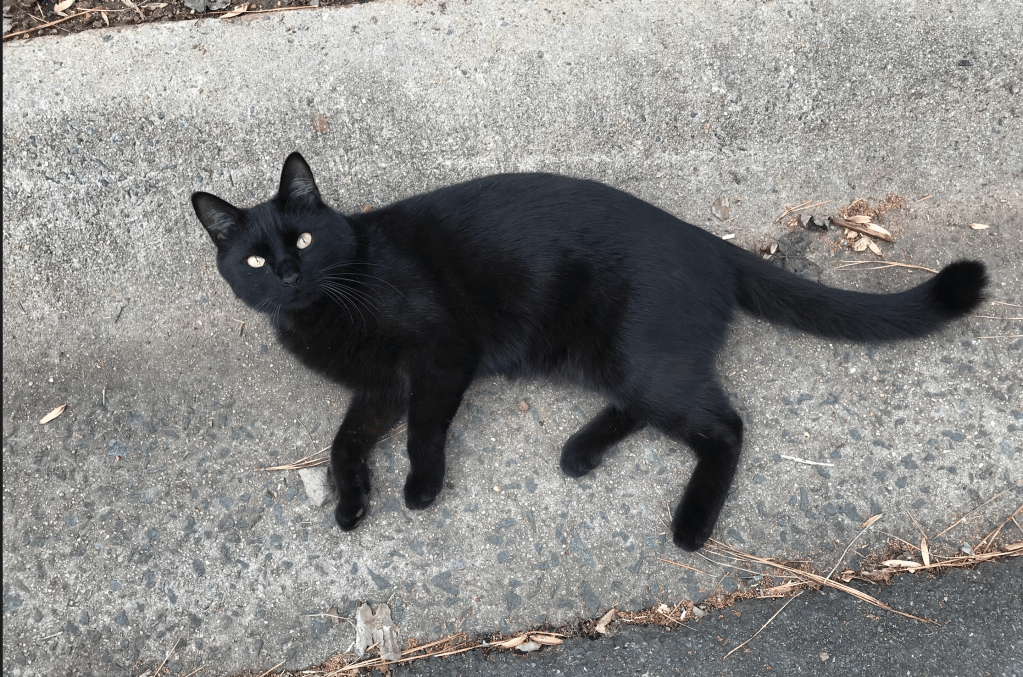Latest
-

Hindsight 2020
Hi, it’s me from six years in the future. I see that you made this half-joking Facebook post. Things are about to get really wild, and you have absolutely no idea what’s coming. But let me see what I can do to help.

Hi, it’s me from six years in the future. I see that you made this half-joking Facebook post. Things are about to get really wild, and you have absolutely no idea what’s coming. But let me see what I can do to help.